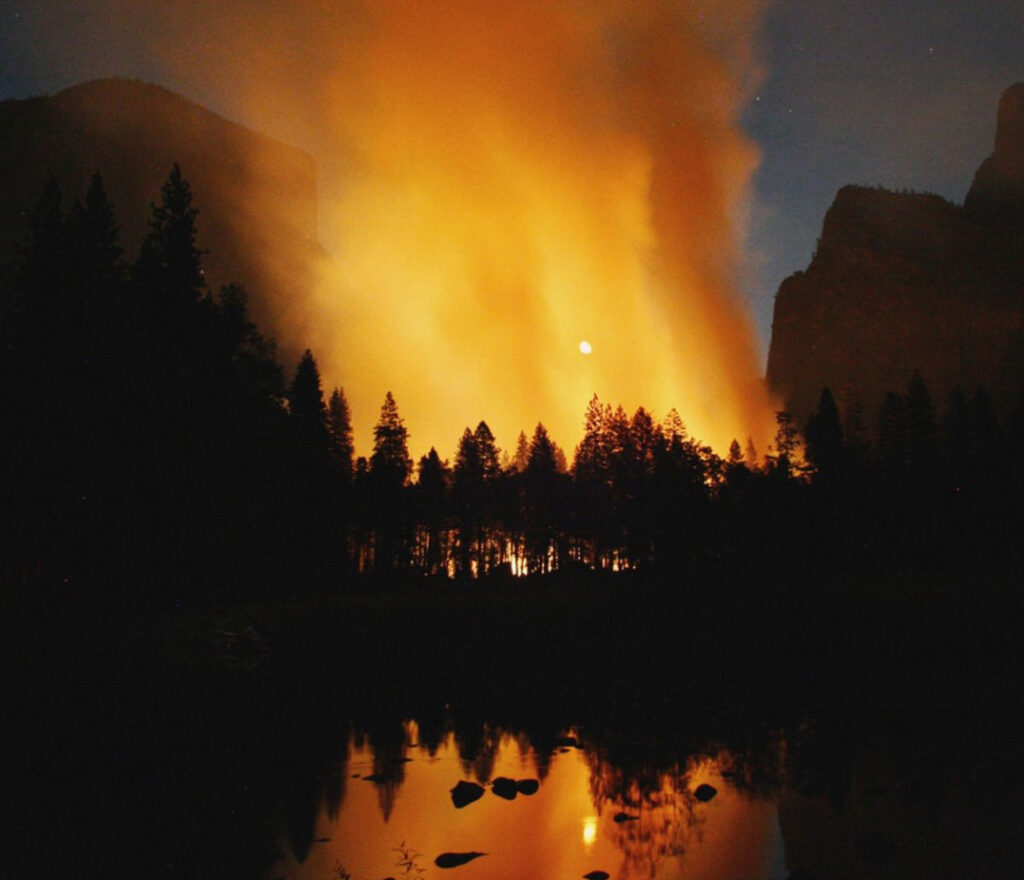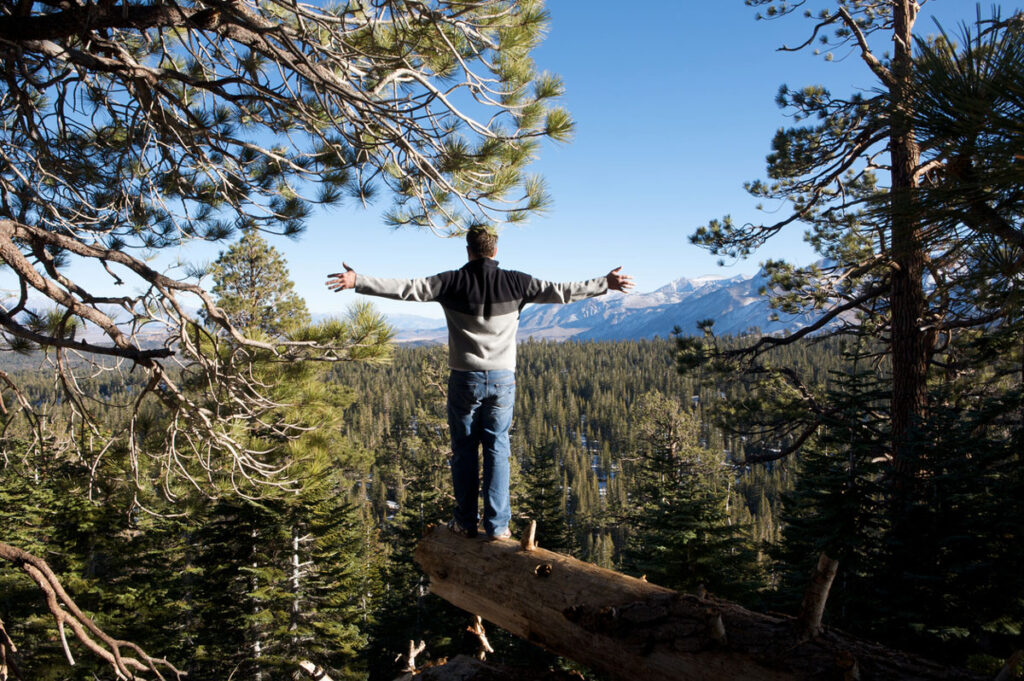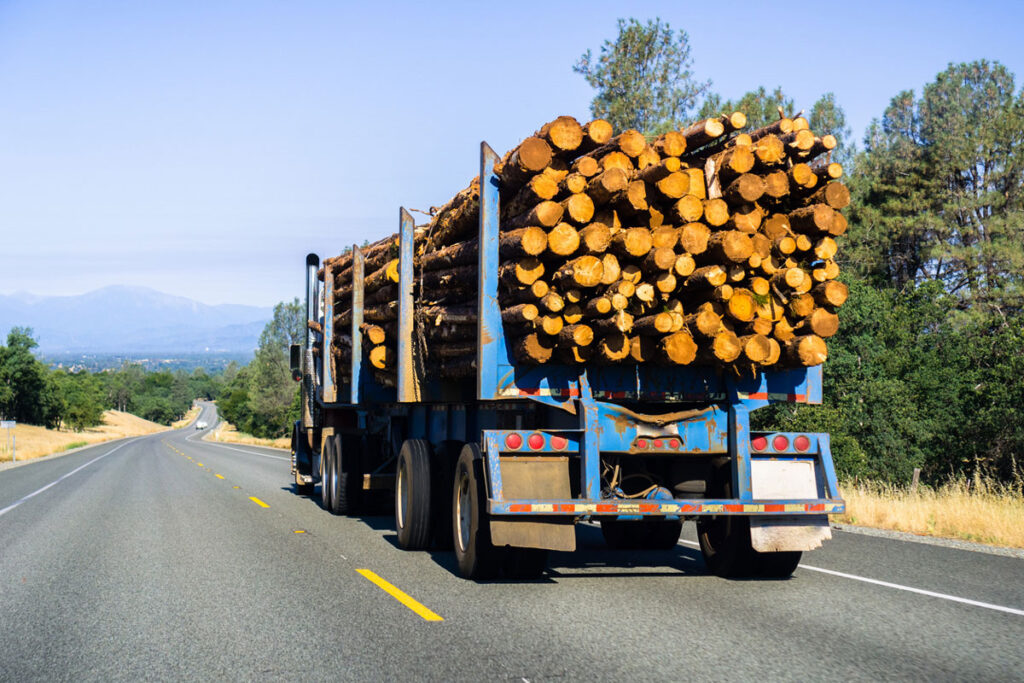Close
Close
Case Study
The American Forest Foundation (AFF) approached SIG to support their work on ensuring forests on private lands in the American West continue to provide clean water, even in the face of increasing wildfire activity. In particular, they wanted to find out the role played by family forest owners in ensuring watershed health.
SIG’s role was to provide spatial analysis across the entire American West, nearly two million square miles. We identified parcels of high wildfire risk that also provide important watershed benefits and are in the hands of private owners.
The landscape of the American West is held by many different entities, yet wildfires do not respect property boundaries. Because wildfires can have serious negative impacts on forest watershed services, wildfire risk also entails water supply risk in an increasingly arid part of the world.
Family forest owners are often overlooked in mitigation programs because their holdings are smaller and more dispersed than public lands. Yet their lands are often in critical watersheds that experience high fire risk, suggesting that this is an important constituency in region wide wildfire prevention and watershed management.


Spatial Informatics Group analyzed fire risk across all burnable wildland vegetation and water supply watersheds in the 11 conterminous Western states. We identified more than 52 million acres of high fire risk–an area nearly the size of Kansas.
We found that more than 9 million acres of high risk lands are stewarded by family forest owners. In some states, particularly California and Oregon, we found that family forest owners own more lands at risk in key watersheds than the federal government.
This analysis made clear that fire in the West is a problem extending far beyond public lands. AFF leveraged SIG’s analysis to survey family forest owners and develop strategies to increase engagement. Informed by SIG’s work, AFF has launched programs to help private landowners reduce fire risk and restore forests, improve public policy and funding to reduce risk on private lands, and catalyze markets to make healthy forest management economical.
